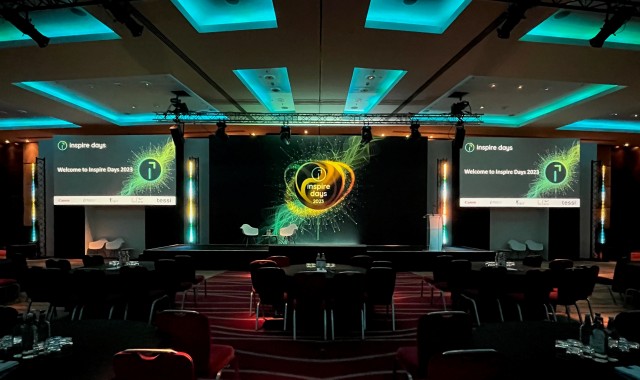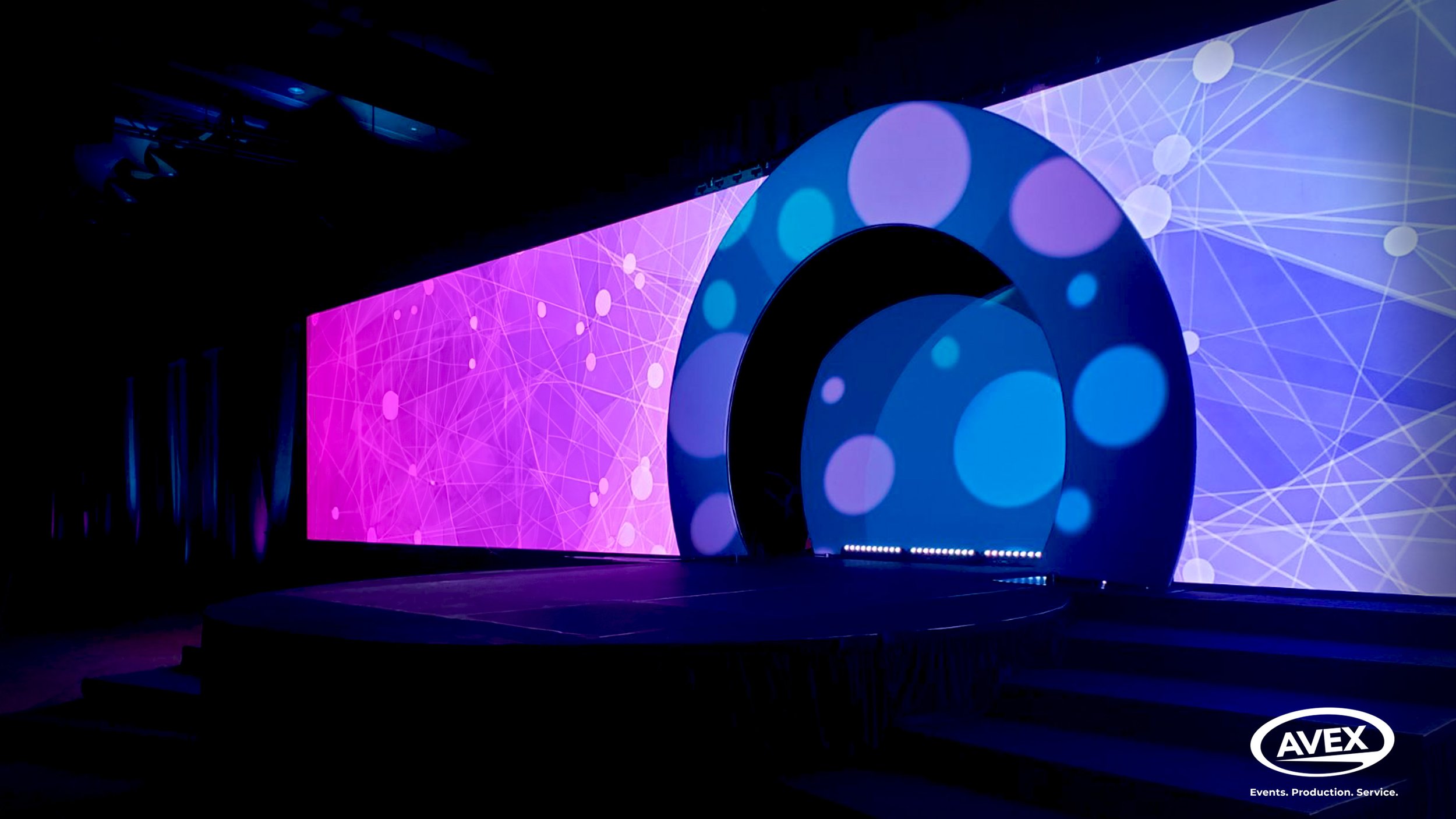Why Effective Event Productions Are Key to Your Business Success
Why Effective Event Productions Are Key to Your Business Success
Blog Article
Understanding Just How Events Manufacturing Works: A Comprehensive Introduction of the Process
The ins and outs of occasion production demand a methodical technique that incorporates numerous phases, each playing a crucial function in the total success of an occasion. Understanding the nuances of budgeting, source allocation, and on-site management is necessary for any type of specialist in this area.
Initial Planning and Concept Advancement
Efficient preliminary preparation and idea growth function as the structure for effective occasions manufacturing. This phase entails specifying the occasion's objective, target audience, and desired results. A clear vision is essential; it overviews all succeeding choices and helps line up the group's initiatives toward a common objective.
During this stage, brainstorming sessions can be invaluable. Involving stakeholders, consisting of clients, enrollers, and possible attendees, fosters a collaborative setting that produces innovative concepts. Furthermore, complete market research study must be conducted to recognize patterns, preferences, and potential obstacles.
As soon as the idea is established, it is essential to develop a thorough event overview. This outline must consist of the event's motif, style, and essential tasks. Establishing a timeline is just as crucial, as it helps to manage jobs and due dates successfully.
Budgeting and Source Allotment
With a solid idea in location, focus has to turn to budgeting and resource allotment, which are essential elements in carrying out the occasion efficiently. A well-defined budget serves as a roadmap, outlining all expected costs and available resources - Event Productions.
Resource allowance entails appointing both human and economic sources to different tasks and components of the event. Prioritization is essential; crucial components should obtain adequate funding while less crucial aspects may call for an extra traditional technique. In addition, backup planning is essential-- assigning a portion of the spending plan for unanticipated expenditures can alleviate economic threats.
Additionally, effective interaction among group members relating to budget plan constraints fosters collaboration and technology. This promotes the responsible use resources and urges innovative solutions to remain within budget. Inevitably, a tactical approach to budgeting and source appropriation prepares for a successful occasion, allowing organizers to concentrate on delivering a remarkable experience for attendees while maintaining economic stability.
Logistics and Coordination
Browsing the complexities of logistics and control is important for the smooth execution of any kind of event. This stage involves meticulous preparation and organization to make sure that all components function in harmony. Trick aspects consist of venue selection, transportation setups, and the scheduling of different tasks.
This includes comprehending the design, accessibility factors, and readily available resources. Collaborating these aspects calls for cooperation with suppliers, suppliers, and transportation services to guarantee prompt shipments and pick-ups.
One more crucial element is the growth of a detailed timeline that details all logistical aspects leading up to the event. This timeline acts as a roadmap, detailing key milestones and target dates for jobs such as tools configuration, catering services, and audiovisual installations. Regular interaction with all stakeholders is essential to attend to any type of potential concerns proactively.
Implementation and On-Site Monitoring
Effective implementation and on-site management are crucial for why not find out more transforming meticulous plans right into reality throughout an occasion. This phase includes the smooth control of different elements, ensuring that every information lines up with the well established vision. On-site managers play a pivotal duty, serving as the main point of communication amongst vendors, personnel, and stakeholders. Their ability to make real-time decisions can substantially impact the occasion's success.
A distinct schedule is necessary, serving as a roadmap for all tasks. Occasion managers need to ensure that configuration occurs on schedule, sticking to timelines for audio checks, catering distributions, and guest arrivals. Reliable analytic skills are also crucial; unforeseen challenges can develop, requiring fast thinking and versatility to maintain the event's circulation.
This level of engagement not only improves the total experience yet additionally mirrors the professionalism and reliability of the event team. Ultimately, successful execution and on-site management hinge on thorough prep work, efficient communication, and a commitment to delivering an outstanding occasion for all involved.

Post-Event Analysis and Comments
The end result of any event visit exists not only in its execution however likewise in the thorough assessment that adheres to. Post-event examination is vital for determining the general success of the occasion and recognizing areas for enhancement. This process commonly involves gathering comments from different stakeholders, consisting of attendees, vendors, and employee, to obtain a thorough viewpoint on their experiences.
To structure the examination, event coordinators typically use interviews and studies, focusing on essential efficiency indications such as participant complete satisfaction, logistical find more information effectiveness, and budget plan adherence. Assessing this information permits planners to evaluate whether the occasion met its goals and to comprehend the staminas and weaknesses of the execution.
By methodically addressing comments and implementing changes, event professionals can boost their approaches, eventually leading to more impactful and effective events. In conclusion, post-event assessment is an important step in the event production process that makes certain recurring development and excellence in future endeavors (Event Productions).
Verdict

The intricacies of event manufacturing demand a methodical approach that integrates several phases, each playing a crucial role in the total success of an occasion.With a strong concept in area, interest has to transform to budgeting and source allocation, which are important elements in performing the occasion efficiently.Resource allowance entails assigning both human and monetary sources to various tasks and elements of the event. Inevitably, a calculated method to budgeting and source allotment lays the groundwork for an effective occasion, allowing planners to concentrate on delivering a memorable experience for participants while maintaining financial integrity.

Report this page